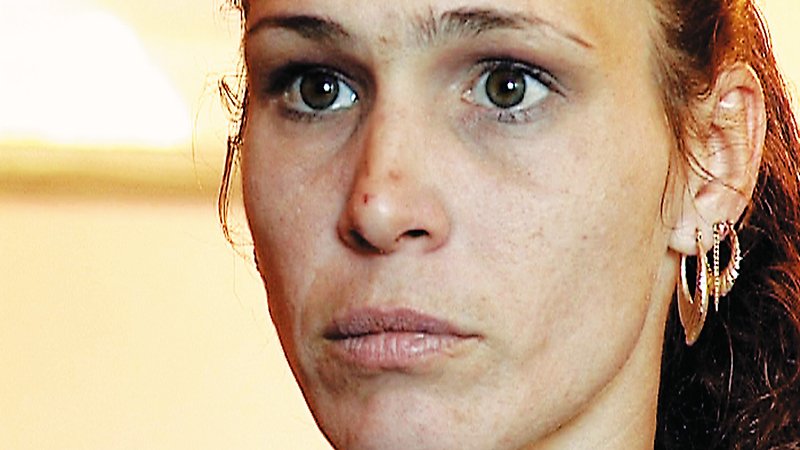
Screened as part of NZIFF 2003
Balseros 2002
Cuban Rafters
With an epic sweep fitting its epic subject, Balseros (Cuban Rafters) follows seven Cuban emigrés who fled their country in 1994 after Castro announced that he would not stop anyone leaving by sea. Two weeks later, after tens of thousands had headed for Miami in makeshift boats (and many had died at sea), the Clinton administration withdrew automatic political asylum. Cuban refugees were no longer heroes in the land of the free. At the same time, Cuba closed its own coastal borders, leaving thousands in limbo. Filming over a period of seven years, the Spanish filmmakers achieve an intimate familiarity with their subjects as they prepare to escape, farewell their families, endure detention in Guantánamo Bay, and eventually try their luck as new Americans.
With a freedom of coverage that is breathtaking, Balseros interweaves Cuban-American life with the lives of family members left behind in Cuba. The filmmakers shuttle back and forth, sometimes within ‘a scene’, showing their footage of the first steps in a new land to the loved ones in Cuba; or showing footage from Cuba to those who are forging lives in the US. The sense that the filmmakers are maintaining family ties in the process of making their film is potent, but as the years pass by, those ties are sometimes stretched thin, just as those between some of the couples snap altogether. Never losing sight of the larger political and historical issues, Balseros presents a panorama of immigrant aspiration and experience that is deeply personal, utterly dramatic and very moving. — BG
"Initially made as a half-hour television documentary Cuban Rafters follows the lives of seven rafters over seven years… The camaraderie and trust between the directors and their subjects is touching; they are truly glad to see each other when they meet at different times. The final chapter of Cuban Rafters, filmed five years after the refugees’ release from Guantánamo is definitely the most shocking and telling – here in particular, the refugees’ hopes and dreams transcend nationality. They ardently wish for something and they get it, only to realize in despair that something else, equally significant, has been lost in the process. The film offers a bittersweet perspective on immigration and the difficulties of trying to fit into a new place." — Diana Sanchez, Toronto International Film Festival